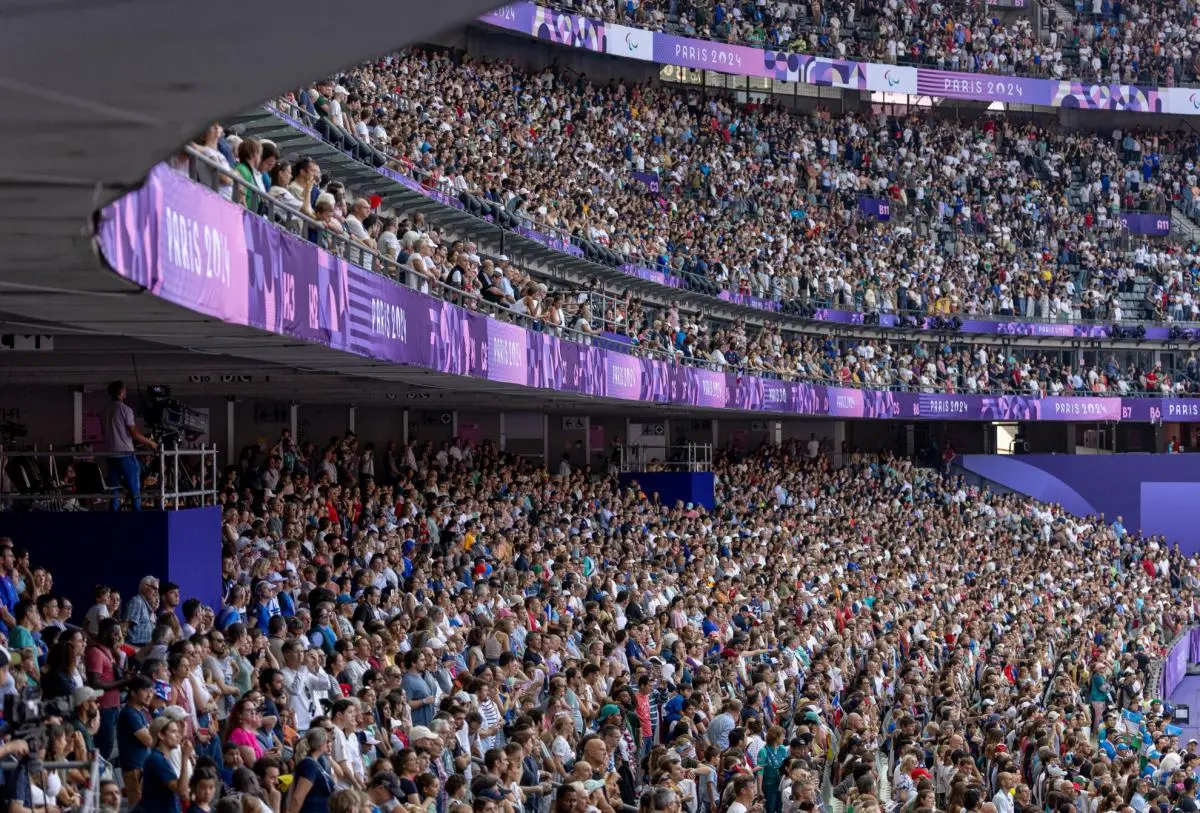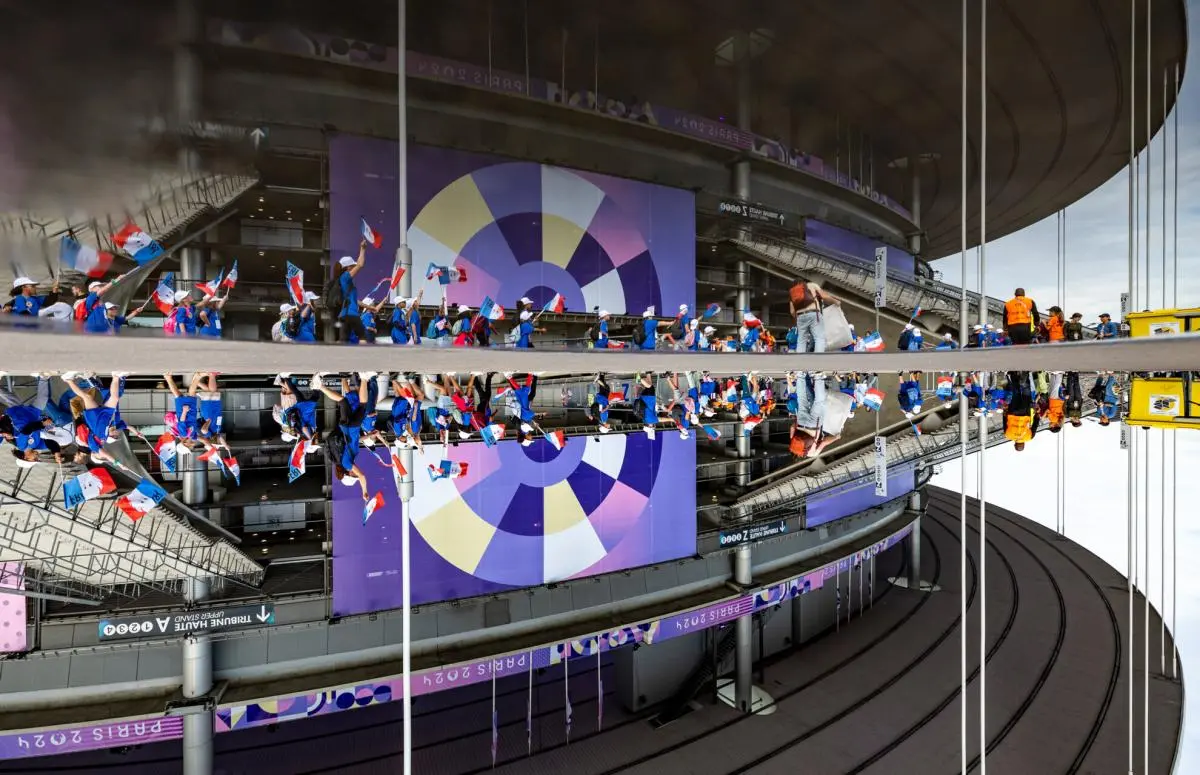
PARALYMPIC GAMES CHANGE ATTITUDES
Seeing is believing and the IPC research from Paris 2024 found watching the Paralympic Games changed viewers attitudes towards disability.
Overview

The Paralympic Games are the Paralympic Movement’s biggest platform to engage global audiences, with billions of people engaging in the event.
While many within the Paralympic Movement have talked anecdotally about the impact the Paralympic Games have on changing attitudes towards disability, little worldwide research was available to prove this.
For the Paris 2024 Paralympic Games, the IPC undertook research in 11 countries to measure the transformational impact of watching the world’s best Paralympians compete for medals on the biggest stage of all.
The results were impressive, with those who were not Paralympic sport fans before the event the most impacted.
Who was involved?
The IPC and Nielsen Sports.
What was done?
The IPC commissioned Nielsen Sports to research whether watching the Paris 2024 Paralympic Games could lead to measurable shifts in how people view both the Games and persons with disabilities.
The two-wave international survey, conducted before and after the Games, involved 15,912 people from 11 different countries. Respondents came from diverse backgrounds and were grouped on how interested they were in the Paralympics before the Games - fans, moderate-fans, and non-fans. Researchers then tracked how attitudes towards disability changed over time in relation to different levels of pre-existing engagement.
What made it special?
To measure the impact of watching the Paralympic Games, Nielsen used a method known as “difference-in-differences” analysis. The core idea is that by comparing changes in attitudes before and after the Games between different groups (for example, fans versus non-fans), researchers could isolate the effect of exposure to the Games itself. In other words, if non-fans showed a more significant shift in attitude than fans (who were already supportive), it suggests that watching the Paralympics was the key factor in changing their views, rather than other unrelated differences between the groups.
What changed?
The Paris 2024 Paralympic Games served as a global platform to shift public attitudes, impacting those who were previously not engaged the most.
People who said they had little to no prior interest in the Paralympics before the event began experienced the most significant positive shifts. After watching the Games, their views of the Paralympic brand improved, and their attitudes toward persons with disabilities became noticeably more supportive and respectful. The Games reinforced the views of fans and actively changed the minds of those who had not been engaged previously.
The Games left a strong emotional and social impression. After the Games, over 75 per cent of people said that the Paralympics stand for the true spirit of sport, a figure that rose significantly from before the event. Across all countries, the Paralympics were strongly associated with values like inclusivity, inspiration, diversity, and respect. Compared to non-disabled sporting events, the Paralympics were more closely linked to these positive values.
Watching Paris 2024 changed the number of non-fans who associated the Paralympic Games with high performance from 43 per cent to 50 per cent.
The number of non-fans who believe the Paralympic Games show the need to do more to drive social inclusion at all levels of society, grew from 64 per cent pre-Games to 73 per cent post-Games. Comparatively, for fans this number was almost unchanged, increasing from 91 percent to 92 percent.
What was learned?
The research demonstrated that the Paralympic Games is a powerful catalyst to influence societal norms, foster a more inclusive world, and shape expectations for the future.
From the outset, careful planning is needed to determine how best to interpret and mobilise this kind of knowledge to maximise its impact beyond the Paralympic Movement.
Get started
To receive an overview of the research to either use as a tool to engage stakeholders or implement your own national study, please contact impact@paralympic.org



